If you spend a lot of time on social media, particularly in the spaces interested in media consumption, you have probably come across someone reposting a screenshot of someone’s terrible take on the latest book, movie or TV show with the caption “media literacy is dead.” As someone who spends too much time thinking about and analyzing media, I find this difficult to believe, so let us analyze this claim.
To first establish whether this article is an obituary or not we need to know what media literacy is.
Simply put, it's the stuff you learn in English class: understanding subtext and character motivations, learning to spot stereotypes about different groups, and knowing how to detect propaganda and bias in media. This can extend into using academic theories to further analyze specific aspects of the media. On the most basic level it is thinking critically about the media you are consuming.
Concerns about literacy skills are not completely unprecedented though. Teachers and education experts have been raising the alarm about dropping literacy rates and students losing the ability to think critically about texts since returning to in-person learning from the first COVID-19 lockdowns. In 2022, UNICEF described the loss of literacy skills across the world as “nearly insurmountable” for students. A 2023 study of standardized testing showed that Canada has dropped significantly from pre-pandemic numbers in reading skills in teens. Canadian adults are not doing well in literacy skills either, with 48% having “inadequate literacy skills” according to The Conference Board of Canada.
This fall in media literacy can already be seen across social media. Earlier this summer people across TikTok were suddenly obsessed with the US military based on a rather mediocre TikTok edit. Almost daily a new post comes across my various social media feeds with the “media literacy is dead” caption and in looking for examples for this article on Tumblr or X (formerly Twitter) I found countless posts of people failing to analyze media beyond the most surface level or completely misconstruing themes of popular books, movies, or TV shows.
One such example is a post featuring a screenshot of another post complaining about a scene in The Incredibles calling it “reactionary boomer writing”. This post argues against this, saying the original poster missed the themes of the film and they argue “the entire film is an examination of if being in a position of great power is worth the collateral damage.” This is just one of many examples questioning how people got to the opinions they have, and calling out their reading of whatever piece of media as being unfounded in the source material.
There are definite arguments to be made that these “media illiterate” posts are just rage-bait, saying things they know will elicit a reaction from people even if they don’t believe in them. For example, at time of writing the top post under the “media literacy is dead” caption on X features a TikTok video where user @neocoom posits that The Hunger Games is actually conservative, ending with the provocative line “The Hunger Games is literally January 6th.” Looking further into the TikTok account it appears that the user mainly posts these kinds of scandalous takes about pop culture.
A lot of these hot takes that are predicting the end of media literacy imply that everyone who worked on or enjoys the piece of media they’re discussing is a terrible person. Such as in the previous Hunger Games example, if you support Katniss and the rebellion then you are a conservative, like the ones that stormed the US Capitol Building. The connection between cancel culture and fandom culture is not a particularly new phenomenon, but the idea that your opinion on fictional characters is directly connected to your ideology and moral beliefs has become more intense in the past few years.
Liking a piece of media with “problematic” characters or themes means that you are a bad person. This has, at least partially, led to some of these outrageous takes people have posted. In an attempt to have an original opinion, and convince people that their own opinion is wrong, people reach for overdramatic ideas about why your favourite character is a bad person, actually. Oftentimes, in so doing they misunderstand, whether willfully or inadvertently, the themes and subtext put into this media by the author.
Now, you may be arguing that you don’t have this problem, you don’t care about what those fandom weirdos online are saying about fictional media, you only read the news, like this fine paper.
While I doubt that you consume absolutely no fiction, media literacy extends to the news as well. Misinformation and disinformation have become something of buzzwords in the past few years, especially with the rise of news access through social media platforms.
Knowing how to spot disingenuous news sources and bias in your media is incredibly important. “You are not immune to propaganda” is not just a fun slogan but a sobering reminder of the techniques used to keep you compliant to the status quo.
This becomes even trickier for Canadians because of the continued effects of Bill C-18 making it impossible to view or share news on Instagram or Facebook. While in some ways it makes it easier because you have to go straight to the source for your news, and have to therefore curate it to outlets you trust, it also makes it harder to disseminate that news, leaving gaps to be filled in by random internet users.
With an all important American election coming in the near future and there being a new viral conspiracy theory every week or so it is now more important than ever to think critically when a post claiming some new outrageous story comes across your social media feeds.
All hope is not lost for media literacy though. We all practice media literacy in some form all the time. When broken down to the absolute basics, media literacy is thinking about the media you’re consuming beyond a surface level. If you watch medical shows with your nursing student roommate and laugh at the wrong medical procedures, that is media literacy. If you notice the way women are continuously sexualized for the pleasure of men in movies and television, that is media literacy. Media literacy is not some out-of-reach academic phenomenon only available to people with humanities degrees, and to paint it as such is a disservice.
Now, if you have gotten through this article and are suddenly scared about your own media literacy skills, fear not. As stated above I believe that everyone, on some level, has basic media literacy skills, and if you have completed a high school English class you definitely have the ability, you may just need to get back into the habit. Start with looking at your favourite TV show, how does it portray people of colour or queer people? Learn how tropes like “bury your gays” are harmful towards already marginalized communities and how media creates and reinforces stereotypes. If you’re feeling particularly adventurous give a queer reading to your favourite movie.
If you truly believe that media literacy is dead you should have a moral imperative to revive it. Media literacy cannot be the new cursive writing, a skill that becomes obsolete as technology moves beyond the need for it, because we cannot automate critical thinking. Media literacy will never be a thing of the past.





.png)



.png)

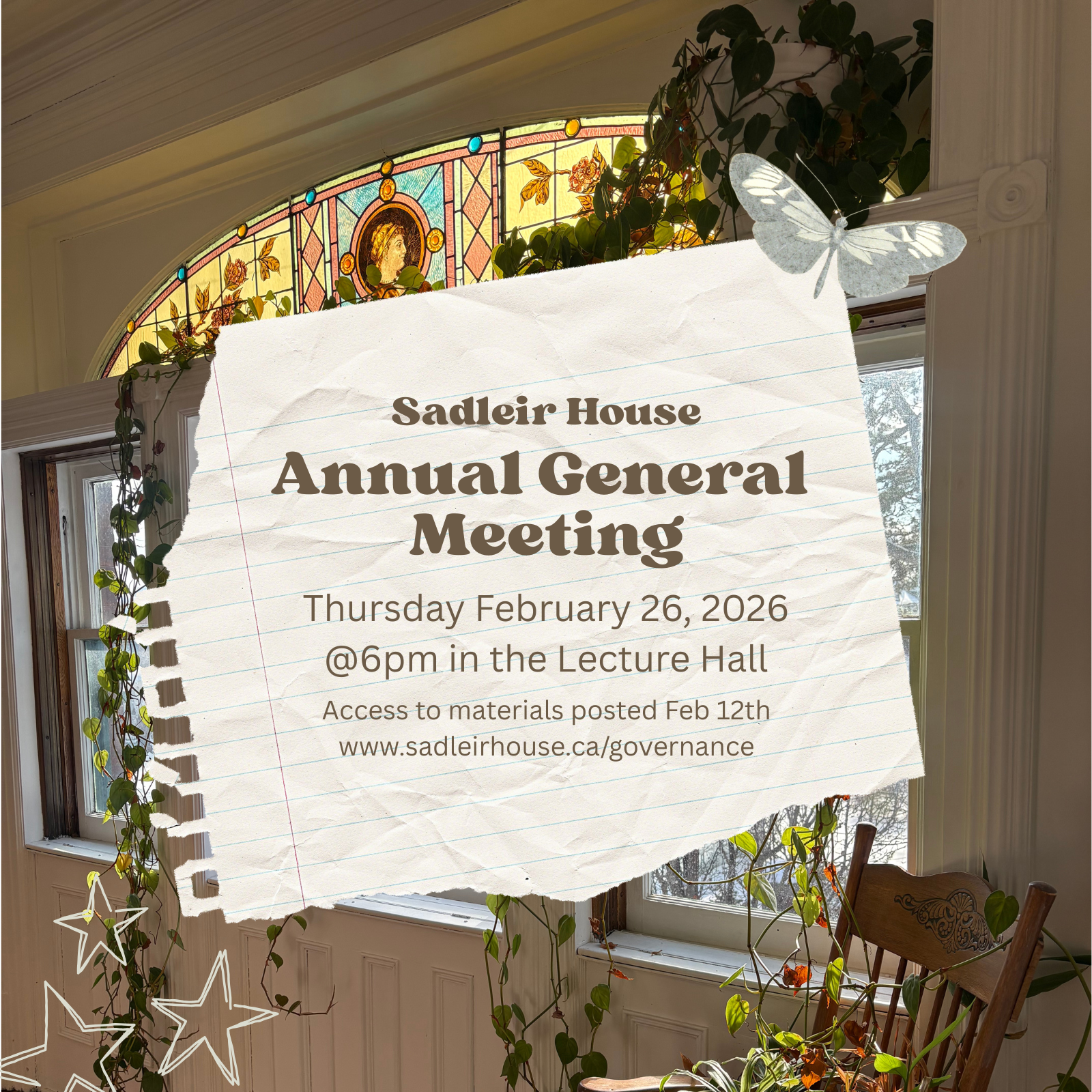




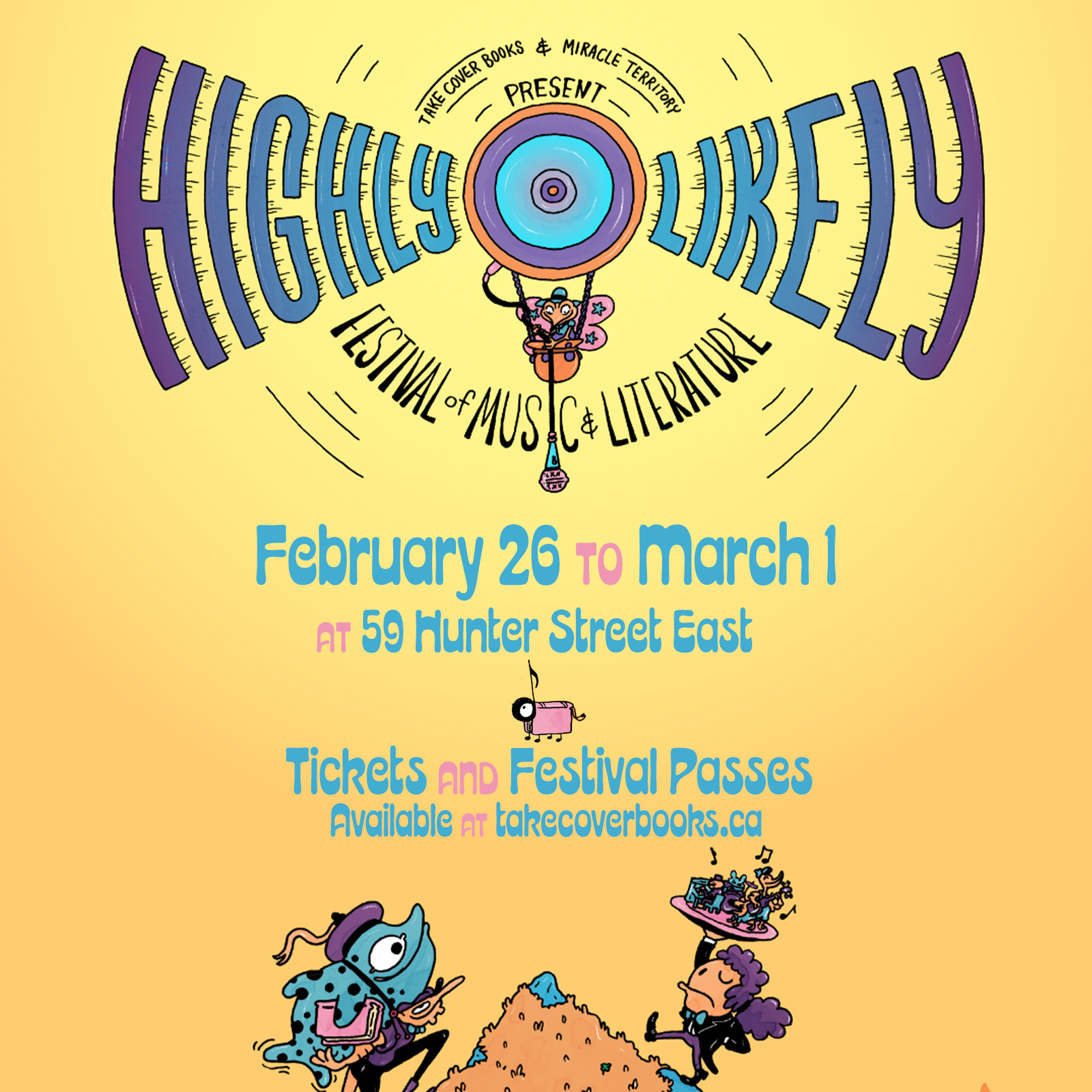


.jpg)
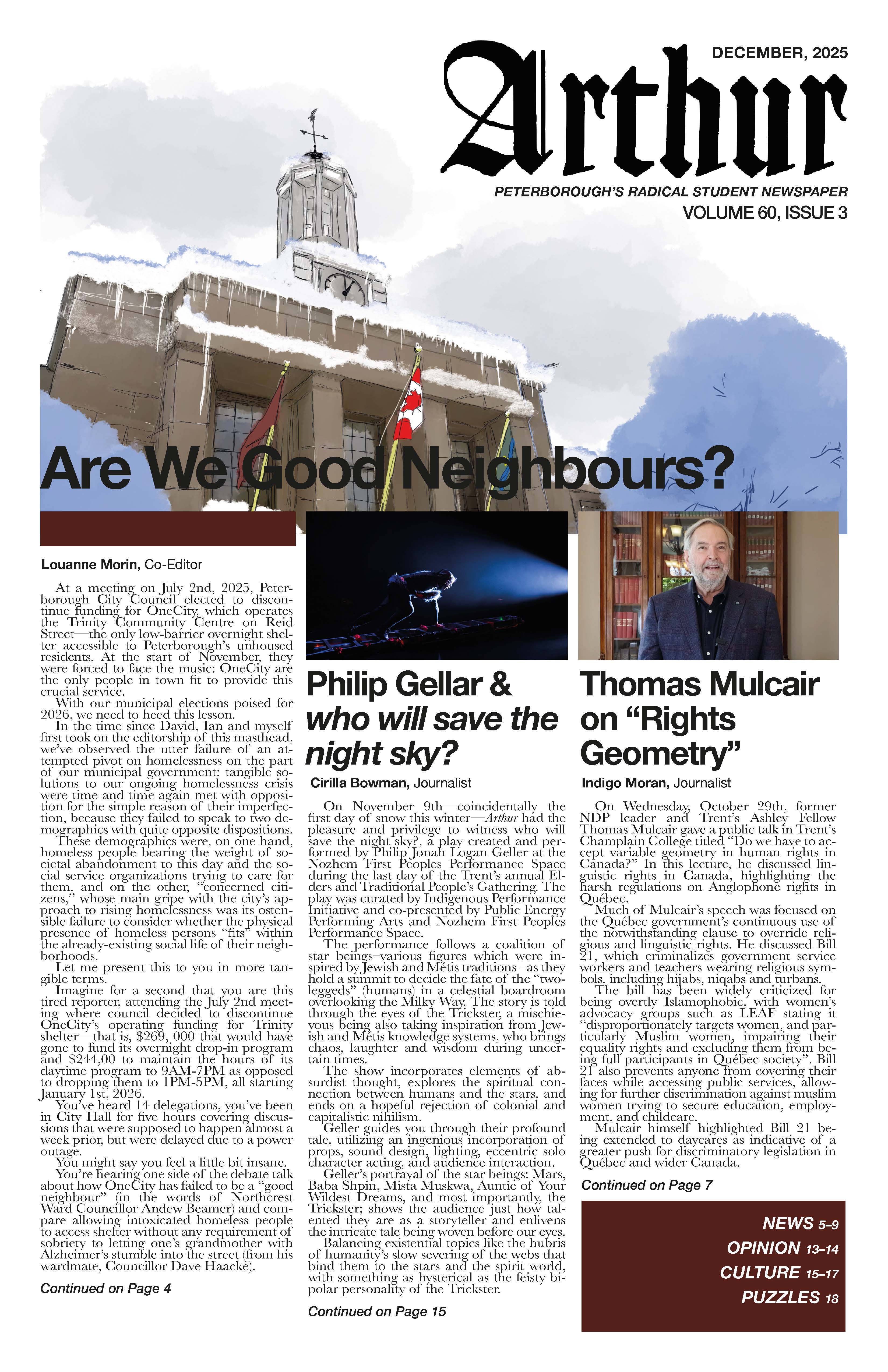


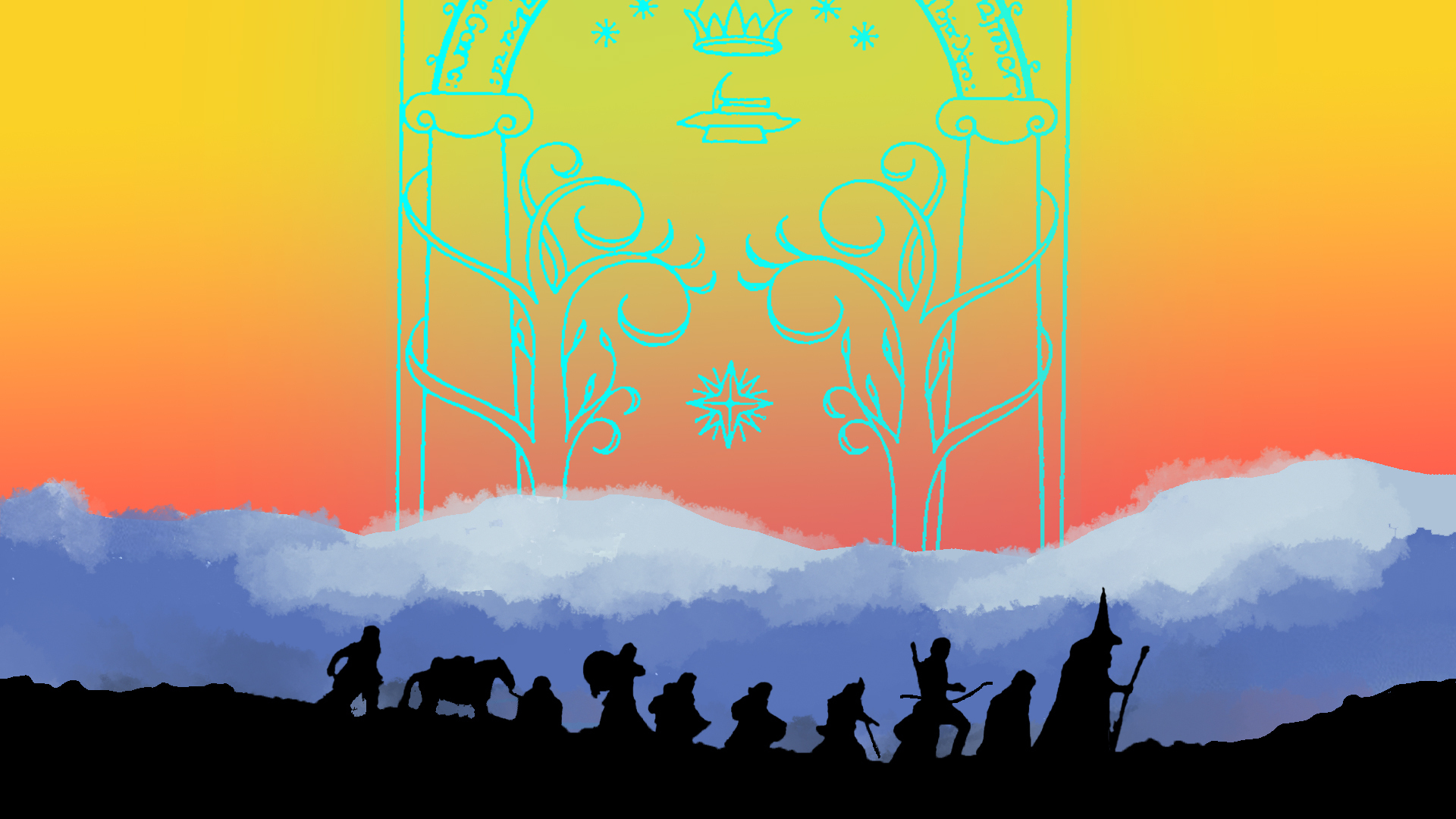

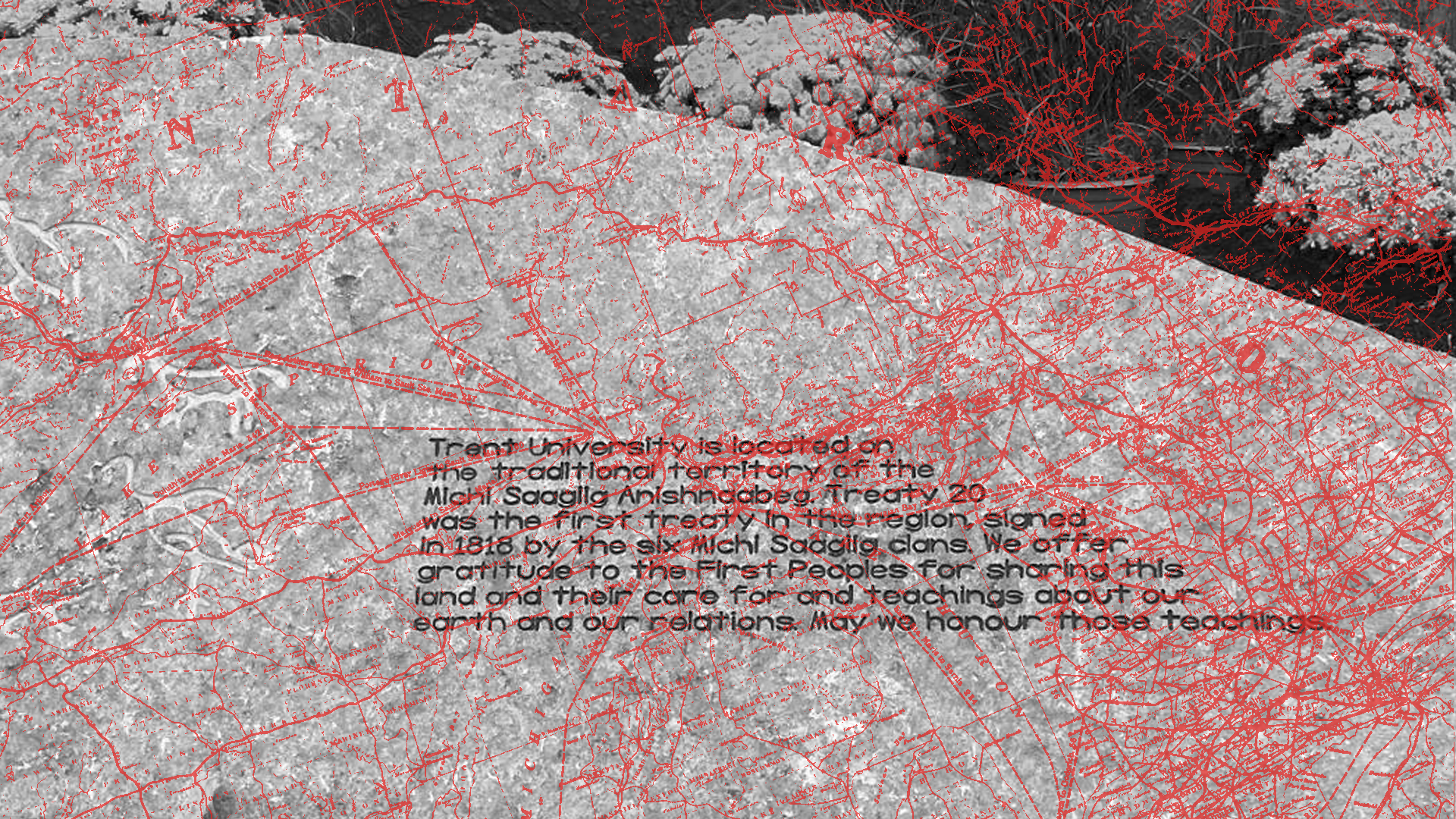
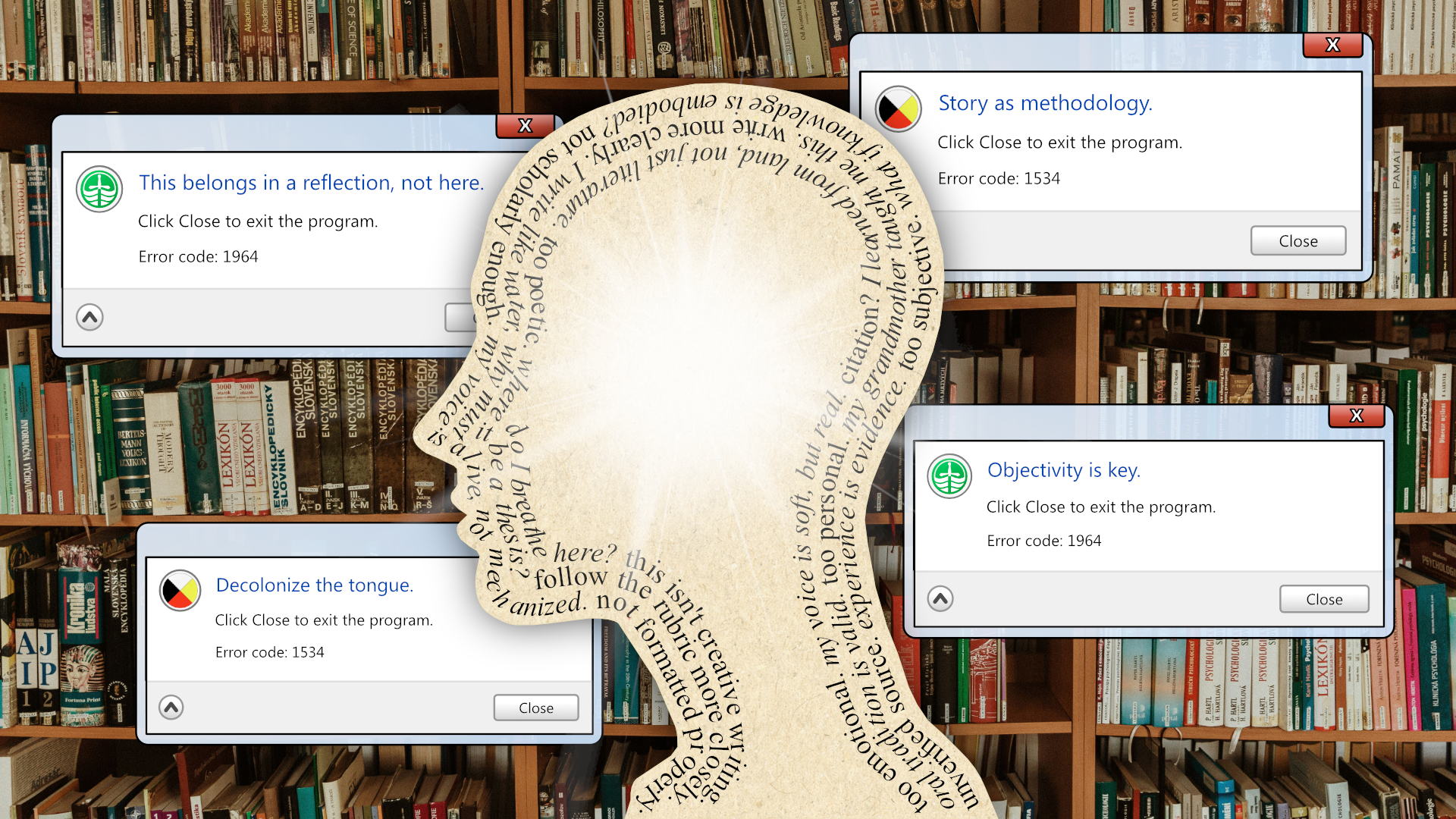




.png)